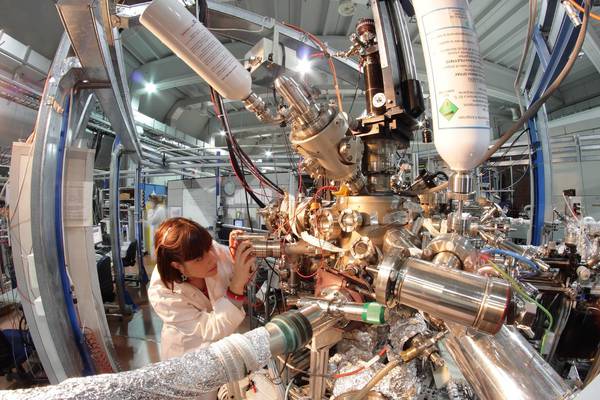(ANSA) - TRIESTE, 25 MAR - Elettra Sincrotrone Trieste
undertakes to give top priority to experiments useful for
identifying drugs, vaccines and diagnostic methods capable of
dealing with the Covid-19 pandemic as soon as possible. The
Elettra synchrotron light source and the Fermi free-electron
laser, with their experimental stations, will, therefore, be
made available to researchers from all over the world who will
have the opportunity to request access to the lines of light
with a priority procedure to make measurements remotely,
therefore, without having to physically move to the Elettra
laboratories. These measurements could be useful to shed light
on the molecular components of the SARS-CoV-2 virus, the agent
responsible for the infection. The call is highlighted on the
home page of the website www.elettra.eu. The research will take
place by sending samples that Elettra researchers will measure
using sophisticated techniques. Further experiments, aimed at
studying the effectiveness of some drugs such as chloroquine,
will be conducted at the 'Fermi' light source. Finally,
serological diagnostic devices will be developed in the
Nanotechnology Laboratory of Elettra Sincrotrone Trieste in
collaboration with the SISSA Neurobiology laboratories. The aim
of the research is the possibility of using these devices for
epidemiological monitoring and the identification of newly
infected people.
"All the activities will be carried out without incurring risks
- underlined professor Alfonso Franciosi, President and CEO of
Elettra Sincrotrone Trieste - as the molecular components of the
virus that can be studied are proteins, macromolecular complexes
or small non-pathogenic chemical compounds, but useful to
quickly identify new therapies or new methods of protection from
the virus."(ANSA).
© Copyright ANSA - All rights reserved














